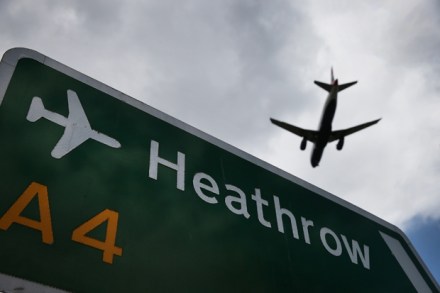Exclusive: tax credit reform leaves low-paid facing tax rates of up to 93%
As the House of Lords prepares to debate the tax credit cuts, a significant new piece of information has come to light. The government initially suggested that, in the vast majority of cases, its minimum wage increase and higher tax allowance would compensate for tax credit removal. A bold claim based on not very much research. Coffee House can today reveal that the most authoritative analysis yet conducted—based on over 100,000 working-age households—shows the damage being far more extensive than the Treasury realises. Policy in Practice, Britain’s leading welfare-to-work consultancy, held a Chatham House symposium on the subject three weeks ago, attended by various figures in the world of welfare reform. Drawing from these discussions,



















